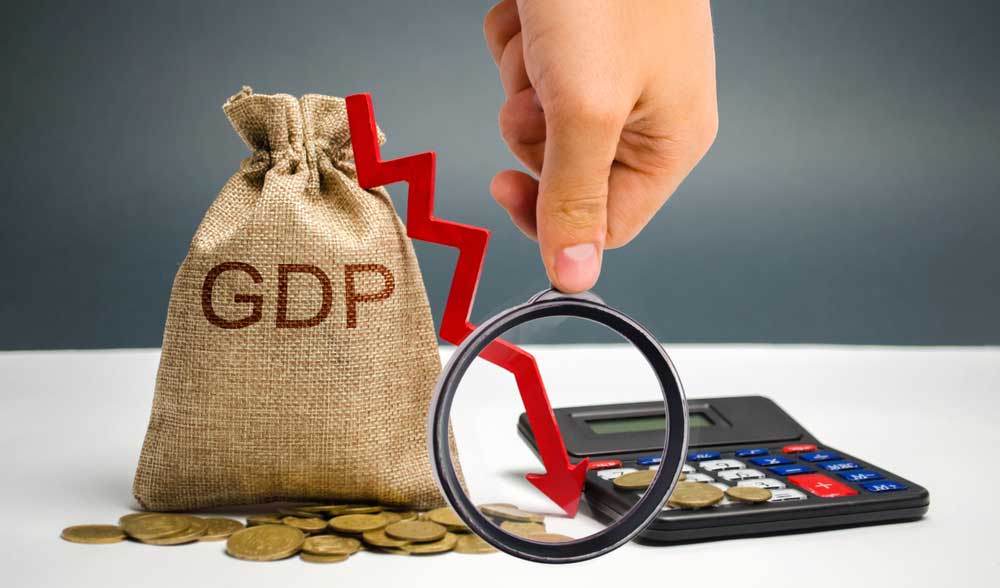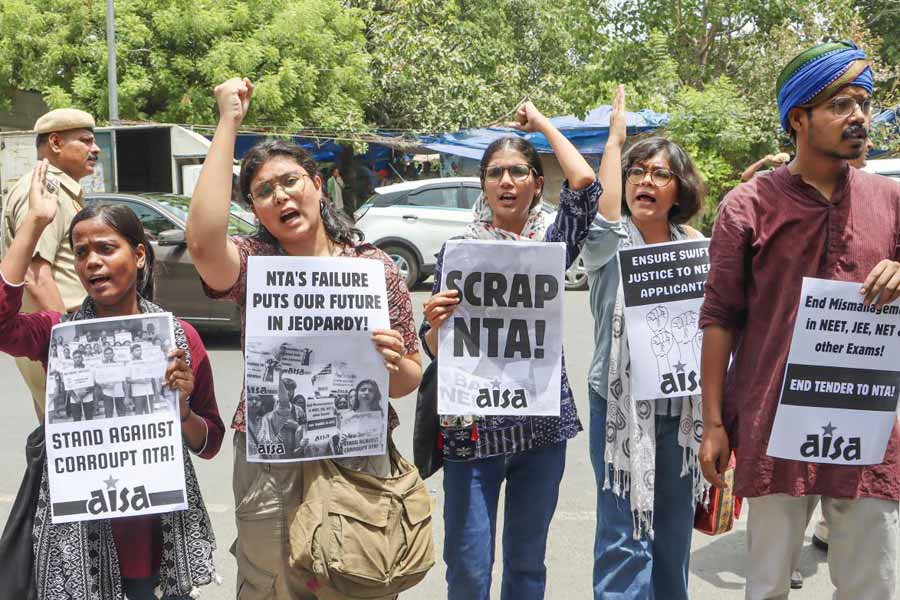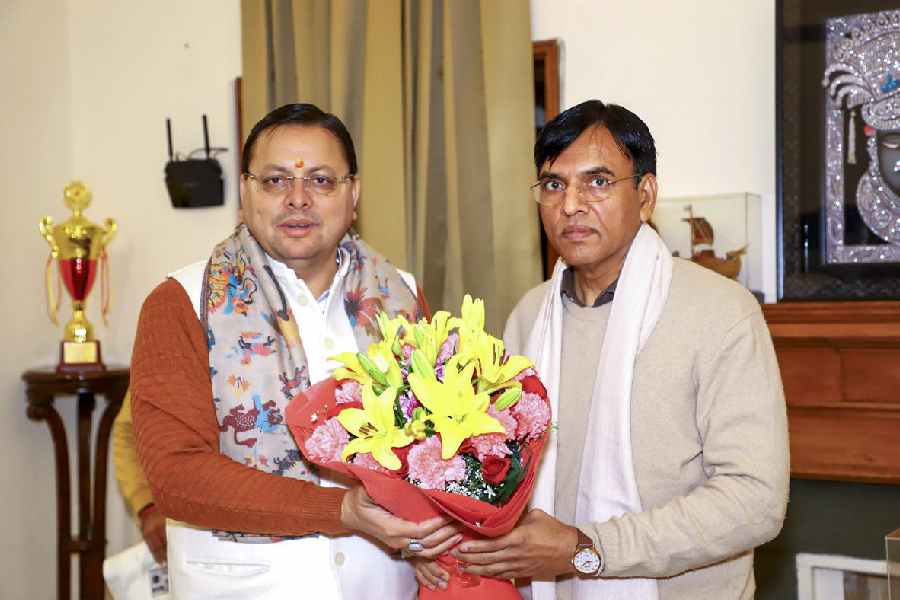The largest emerging-market economies like India are experiencing an even “more pronounced” effect of the global downturn, new International Monetary Fund chief Kristalina Georgieva has said.
She has warned that the global economy is witnessing a “synchronised slowdown” that will result in slower growth for 90 per cent of the world this year.
“In some of the largest emerging-market economies, such as India and Brazil, the slowdown is even more pronounced this year. In China, growth is gradually coming down from the rapid pace it saw for many years,” Georgieva said.
The precarious outlook presents challenges for countries already facing difficulties — including some of the IMF’s programme countries, she noted.
Last Friday, the Reserve Bank of India had lowered India’s GDP growth estimate for the year to 6.1 per cent from the earlier 6.9 per cent.
Georgieva urged countries to use their monetary policy wisely and enhance their financial stability.
“Now is the time for countries with room in their budgets to deploy — or get ready to deploy — fiscal firepower. In fact, low interest rates may give some policymakers additional money to spend,” she said.
The Modi government has rebuffed suggestions to boost its spending in order to steer the Indian economy out of the rut, preferring instead to doggedly stick to its goal of capping fiscal deficit at 3.3 per cent of gross domestic product (GDP) this year. By doing so, it has tried to shift the onus of moving the needle on investment growth — which sank below 30% in the last quarter of 2018-19 — on to the private sector. India Inc is reluctant to increase capital spending at a time when capacity utilisation levels of existing plants hover at just 73.6 per cent because of fewer new orders.
The IMF managing director said the widespread deceleration meant that growth would this year fall to its lowest since the beginning of the decade.
She said the World Economic Outlook to be released next week would show downward revisions for 2019 and 2020.
“In 2019, we expect slower growth in nearly 90 per cent of the world. The global economy is now in a synchronised slowdown,” Georgieva said on Tuesday in her curtain-raiser speech for the annual meeting of the IMF and the World Bank here next week.
She said the headline numbers reflected a complex situation and highlighted that despite the overall deceleration, nearly 40 emerging market and developing economies — including 19 in sub-Saharan Africa — were forecast to have real GDP growth rates above 5 per cent.
In the US and Germany, unemployment is at historic lows. Yet across the advanced economies, including the US, Japan and especially the euro area, there is a softening of economic activity, she said.
Referring to new IMF research that shows how structural reforms can raise productivity and generate enormous economic gains, she said these changes were the key to achieving higher growth over the medium and long terms.
“The right reforms in the right sequence could double the speed at which emerging markets and developing economies reach the living standards of the advanced economies,” Georgieva said.
While the need for international cooperation is going up, the will to engage is going down, she rued.
The Bulgarian economist was last month confirmed as managing director of the IMF.











